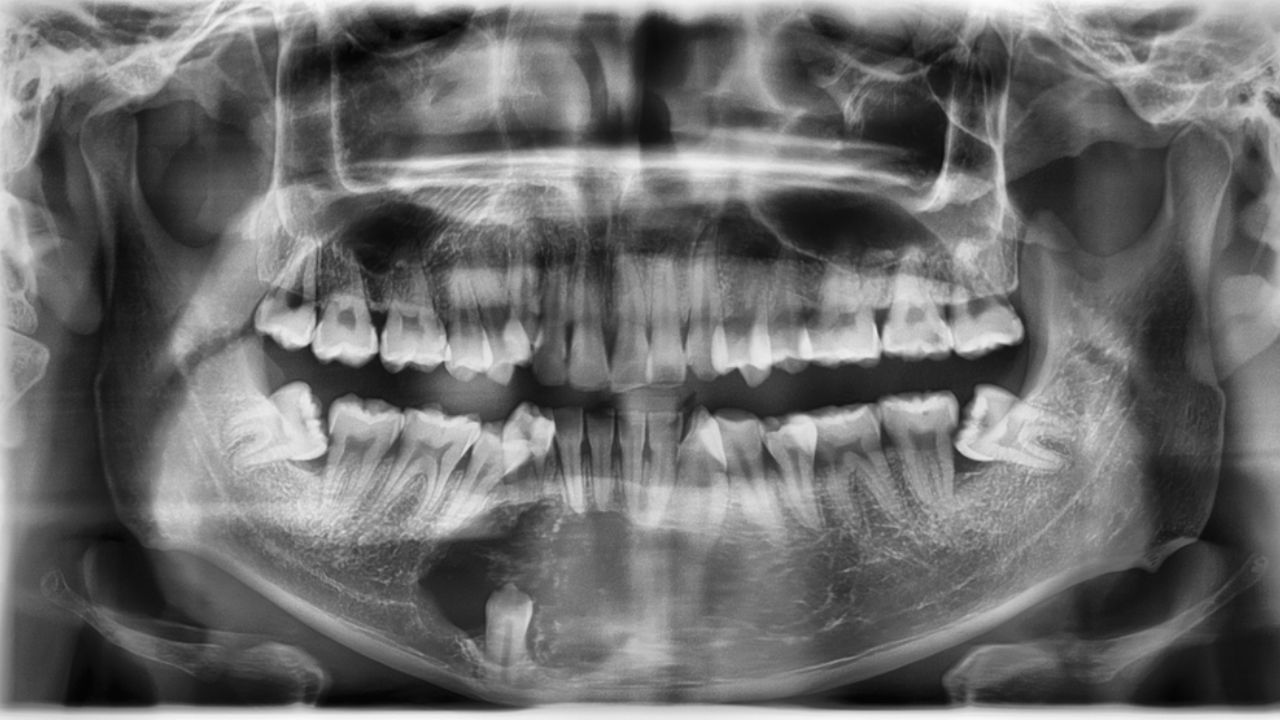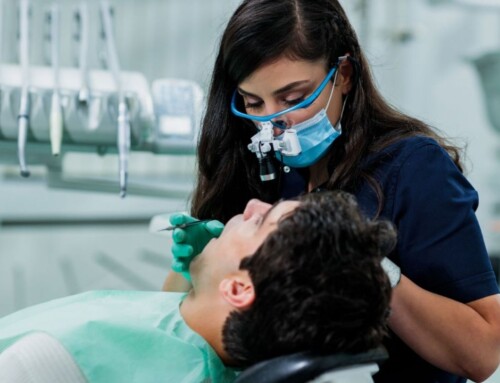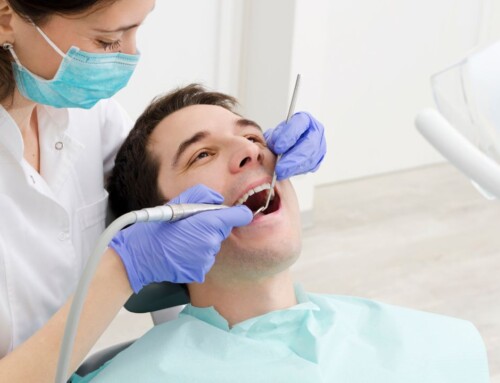
If you have a painful cyst around the crown or root of your unerupted tooth, it’s likely a dentigerous cyst. The cyst usually affects people between the ages of 20 and 30. Although dentigerous cysts are not malignant, but can cause severe complications if left untreated, including the possibility of infection.
In this blog post, we will discuss what causes dentigerous cysts, how they are diagnosed, and what treatment options are available.
What is a Dentigerous Cyst, and how is it Formed?
A dentigerous cyst is an odontogenic cyst (also known as a follicular cyst) that forms around the crown of an unerupted tooth, such as a wisdom tooth.
Dentigerous cysts result from a fluid accumulation surrounding and covering an unerupted tooth. Yet, the leading cause of the buildup is still unknown. The cyst can grow and place pressure on adjacent teeth, resulting in pain and other symptoms.
What are the Symptoms of a Dentigerous Cyst, and how is it Diagnosed?
The symptoms of dentigerous cysts include:
- Swelling in the area
- Sharp pain
- Tenderness
- Tooth sensitivity
- Difficulty with moving the jaw
- Inflammation of surrounding gum tissue
- Bad taste in the mouth
- Tooth displacement
Diagnosis of a dentigerous cyst typically involves an x-ray to determine its exact location. Additionally, CT scans can help find other cysts and decipher if there’s a tumors with similar symptoms.
In some cases, doctors may take a sample of the cyst’s contents for further laboratory analysis. Fortunately, depending on the cyst’s size, treatment methods such as draining, surgical removal, or non-surgical lasers can help solve any discomfort caused by this condition.
How is a Dentigerous Cyst treated, and what are its Potential Complications?
Treating dentigerous cysts usually involves marsupialization, draining the cyst, and antibiotics to reduce secondary infections and inflammation. Once drained, sutures are applied around the incision’s edges to prevent another cyst from forming in its place.
Potential complications associated with dentigerous cysts include:
- Infection of the tooth and gum
- Pressure necrosis of neighboring teeth
- Tooth loss
- Dentin and root resorption in adjacent teeth
- Pathological fractures in supporting bones due to inadequate “bone strength” caused by cyst activity
- Ameloblastoma (benign jaw tumor)
Keeping a watchful eye on dentigerous cysts is essential because, if left untreated, these complications can present serious consequences for oral health.
Can a Dentigerous Cyst be Cancerous?
While not inherently cancerous, these cysts can develop into malignant tumors if infection leads to transformation. Therefore, dentigerous cysts must be monitored regularly and treated at the earliest signs of infection. Additionally, early detection is critical for timely treatment and successful outcomes due to their location deep within the facial tissues.
District Dentistry – Dentist, Charlotte, NC
If you’re experiencing dentigerous cysts, it’s crucial to monitor the area for any changes, including swelling, tenderness, or discoloration. Additionally, regular follow-ups with our dentist, Dr. Khalil Mjahed, can help catch and treat any problems before they become serious.
Ultimately, dentigerous cysts are not unusual and can often be treated successfully if treated early on. If you suspect you may have a dentigerous cyst, contact our office today for an evaluation. We can provide you with the best treatment plan to ensure your long-term dental health.





